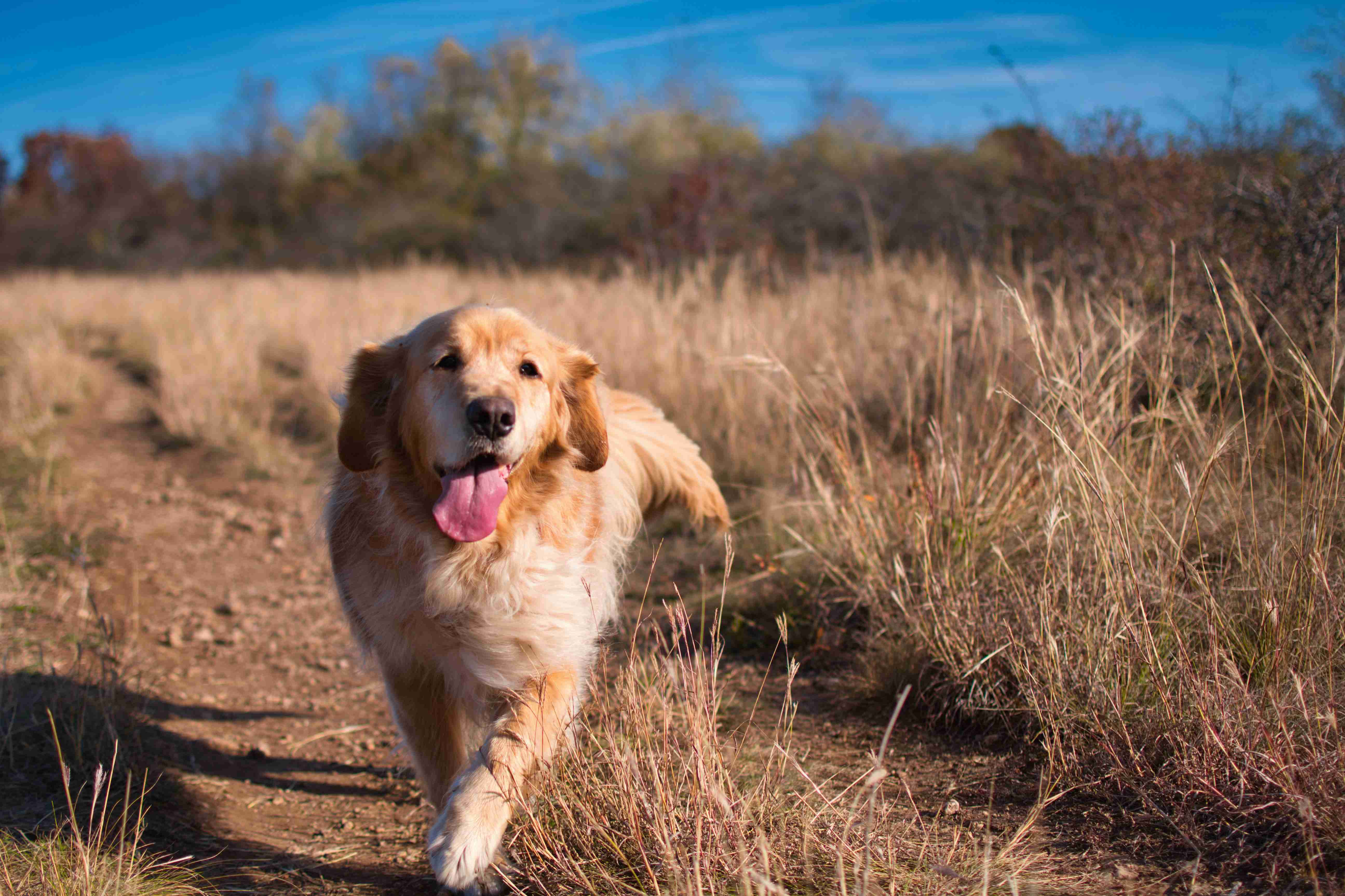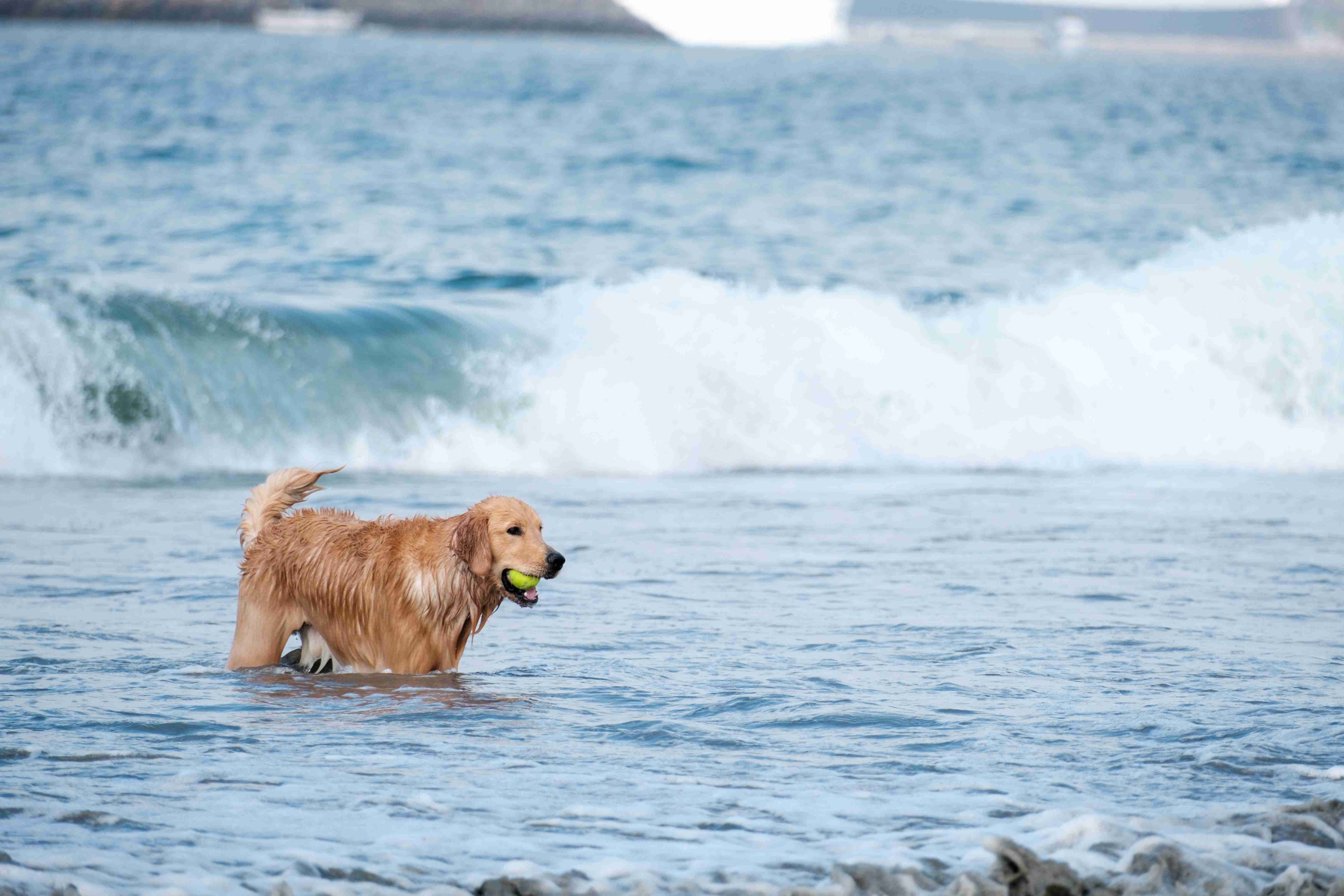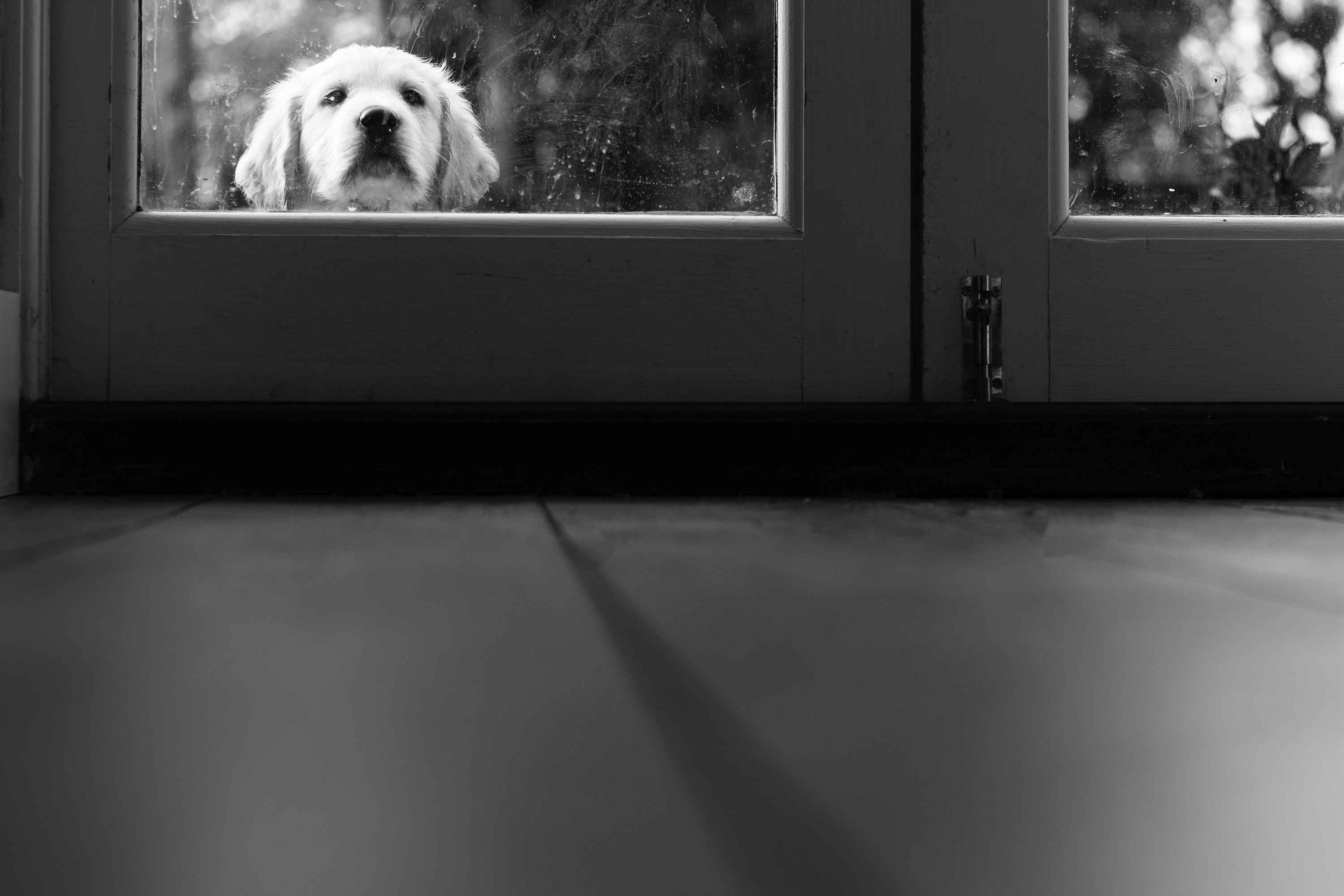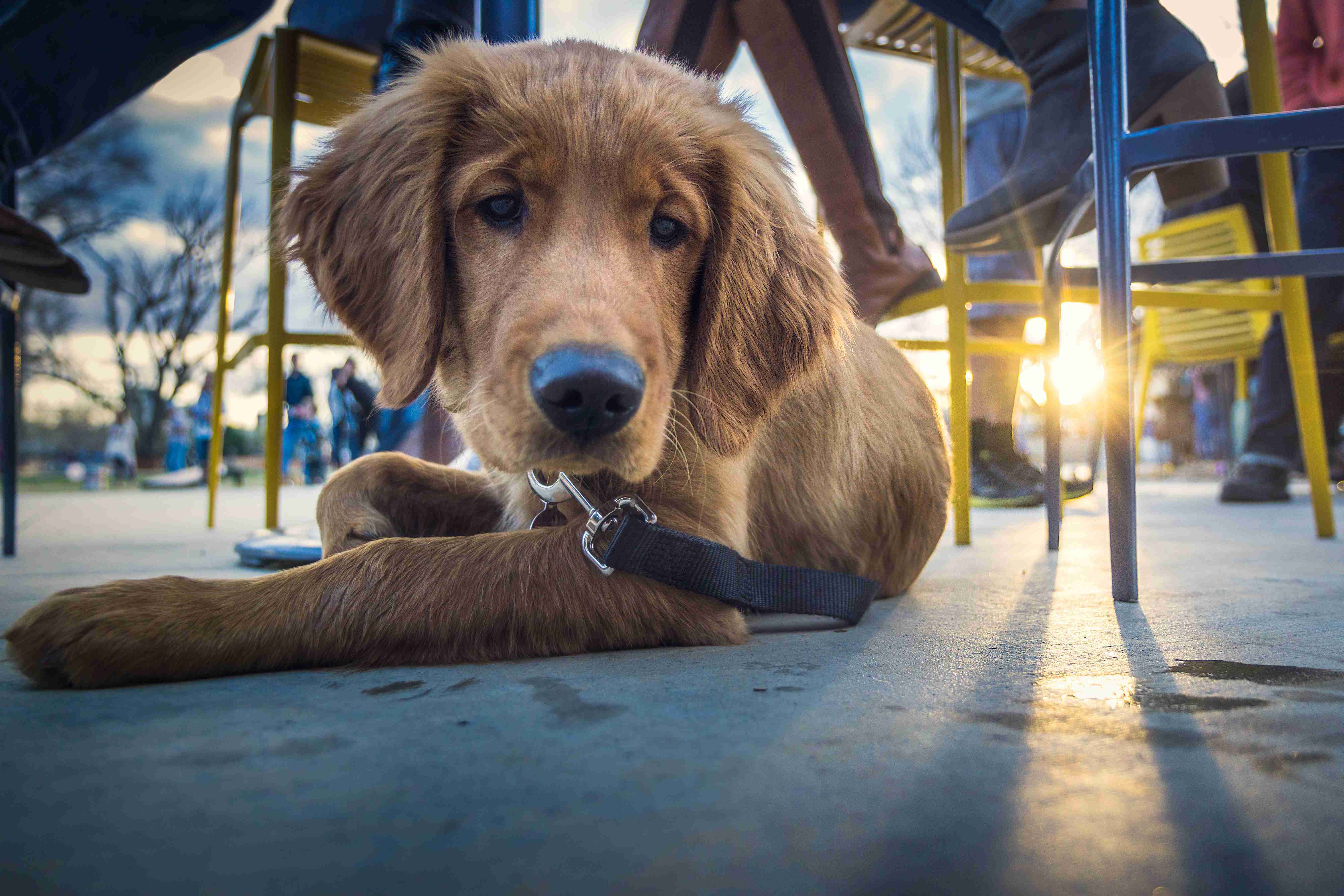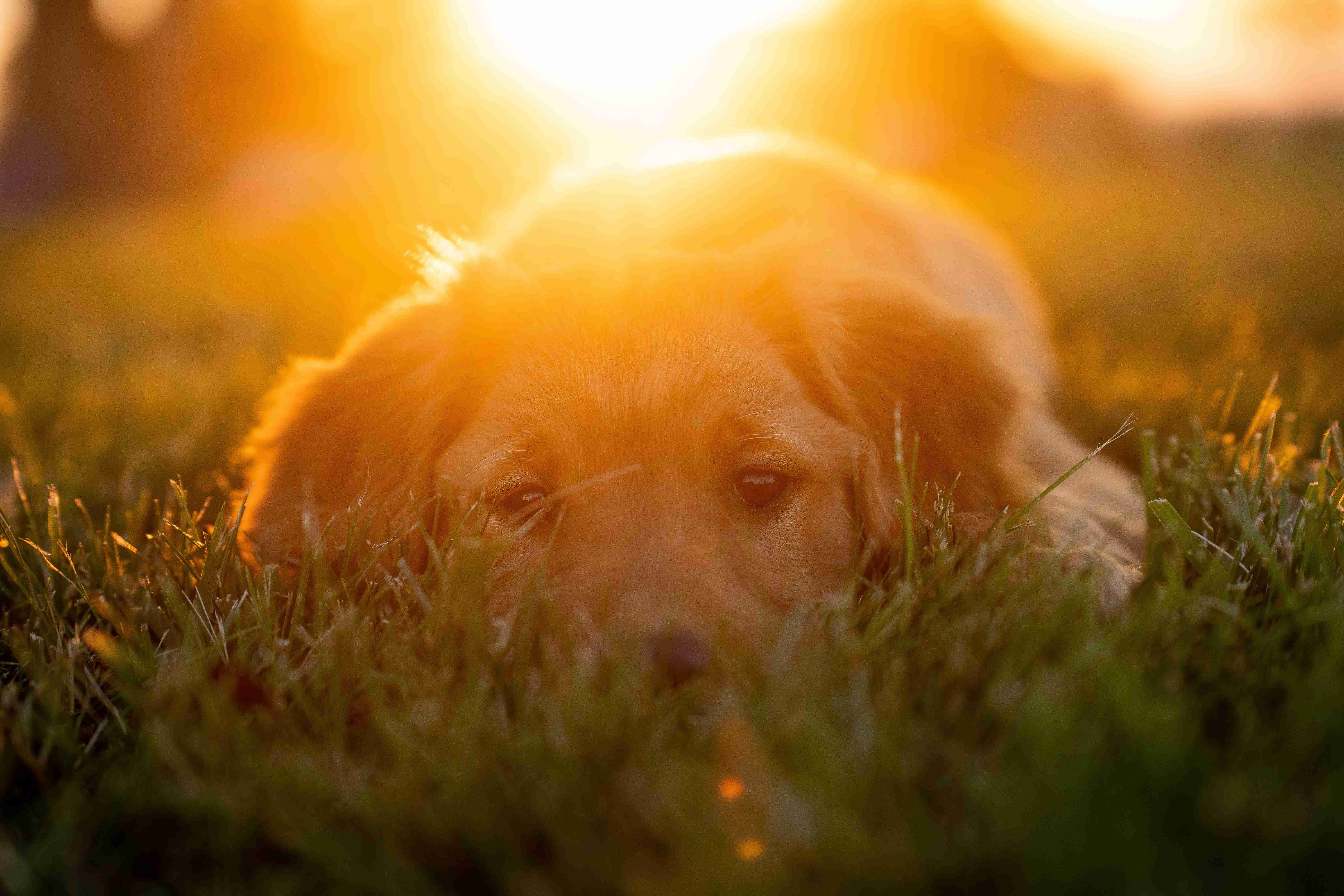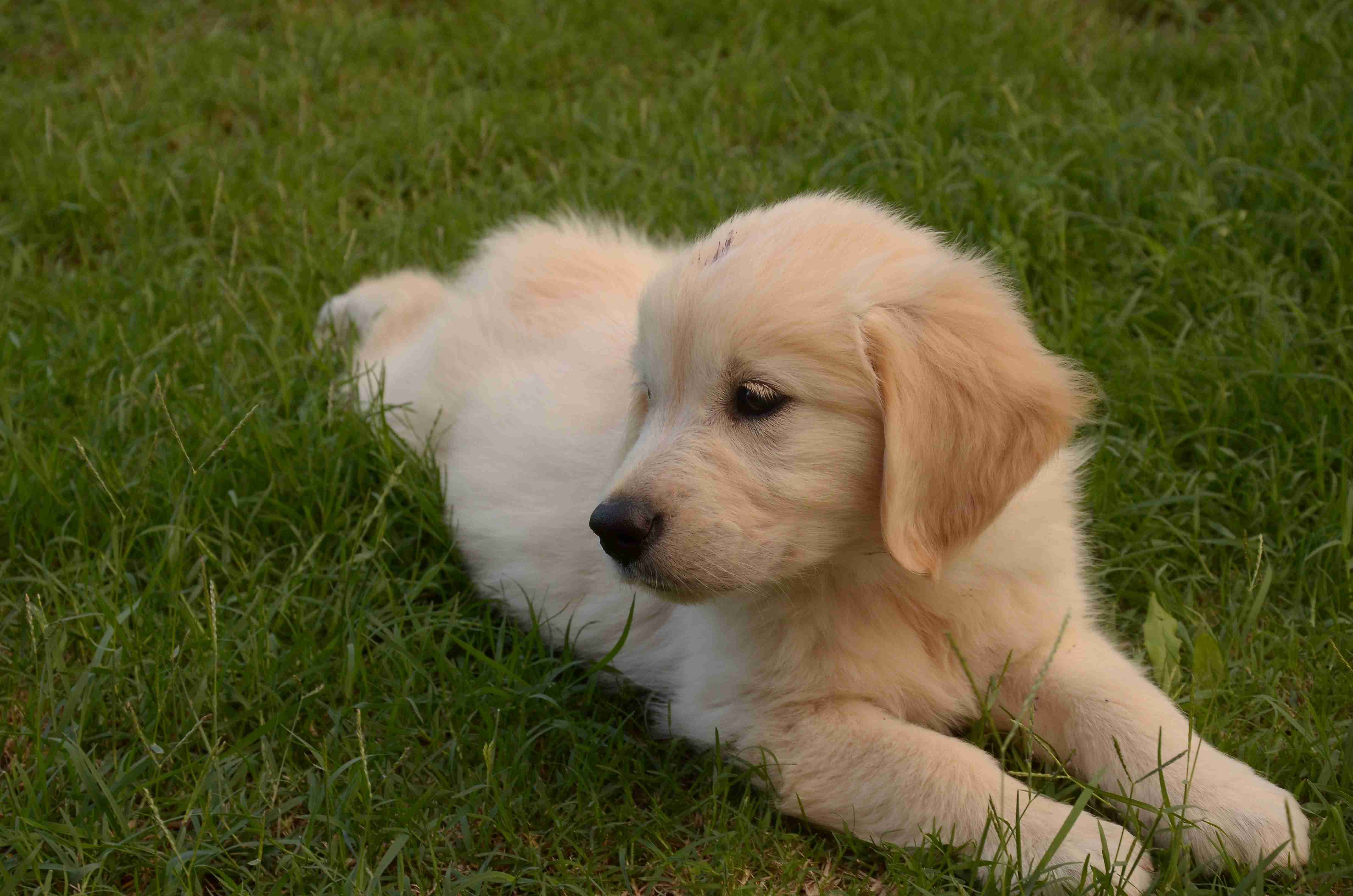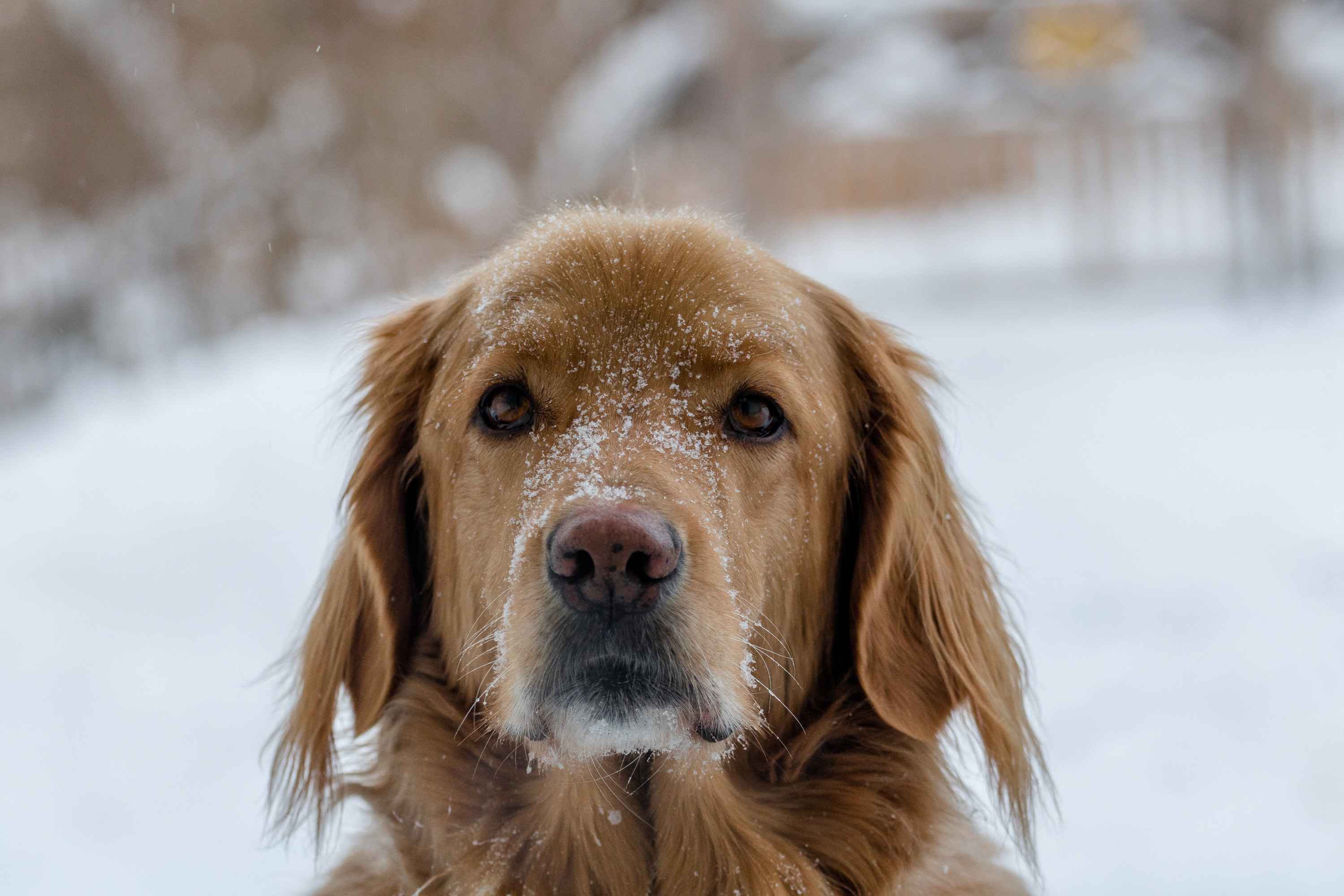Golden Retrievers are one of the most popular breeds of dogs, and it’s easy to see why. They are friendly, loyal, and oh-so-cute. But, like any other dog, they can suffer from separation anxiety when left alone. Separation anxiety is a common problem in dogs, and Golden Retriever puppies are no exception. If you’ve recently brought home a Golden Retriever puppy and are struggling with this issue, don’t worry, you’re not alone. In this post, we’ll discuss five effective ways to help your Golden Retriever puppy overcome separation anxiety. These methods have worked for many dog owners, and with a little patience and consistency, they can work for you too.
Separation anxiety is a common issue among Golden Retriever puppies. It can be distressing for both the puppy and their owners. Separation anxiety is a condition where a puppy is anxious and stressed when left alone. This anxiety can lead to destructive behavior, excessive barking, and other issues. The good news is that there are several ways to help your Golden Retriever puppy overcome separation anxiety. Here are five effective ways to help your puppy:
- Start with short absences: The first step in helping your puppy overcome separation anxiety is to start with short absences. Begin by leaving your puppy alone for just a few minutes and gradually increase the time you are away. This will help your puppy get used to being alone and reduce their anxiety.
-
Create a safe and comfortable space: It is important to create a safe and comfortable space for your puppy when you are away. Provide your puppy with a comfortable bed, toys, and water. You can also leave a piece of clothing with your scent on it to comfort your puppy. This will help your puppy feel secure and reduce their anxiety.
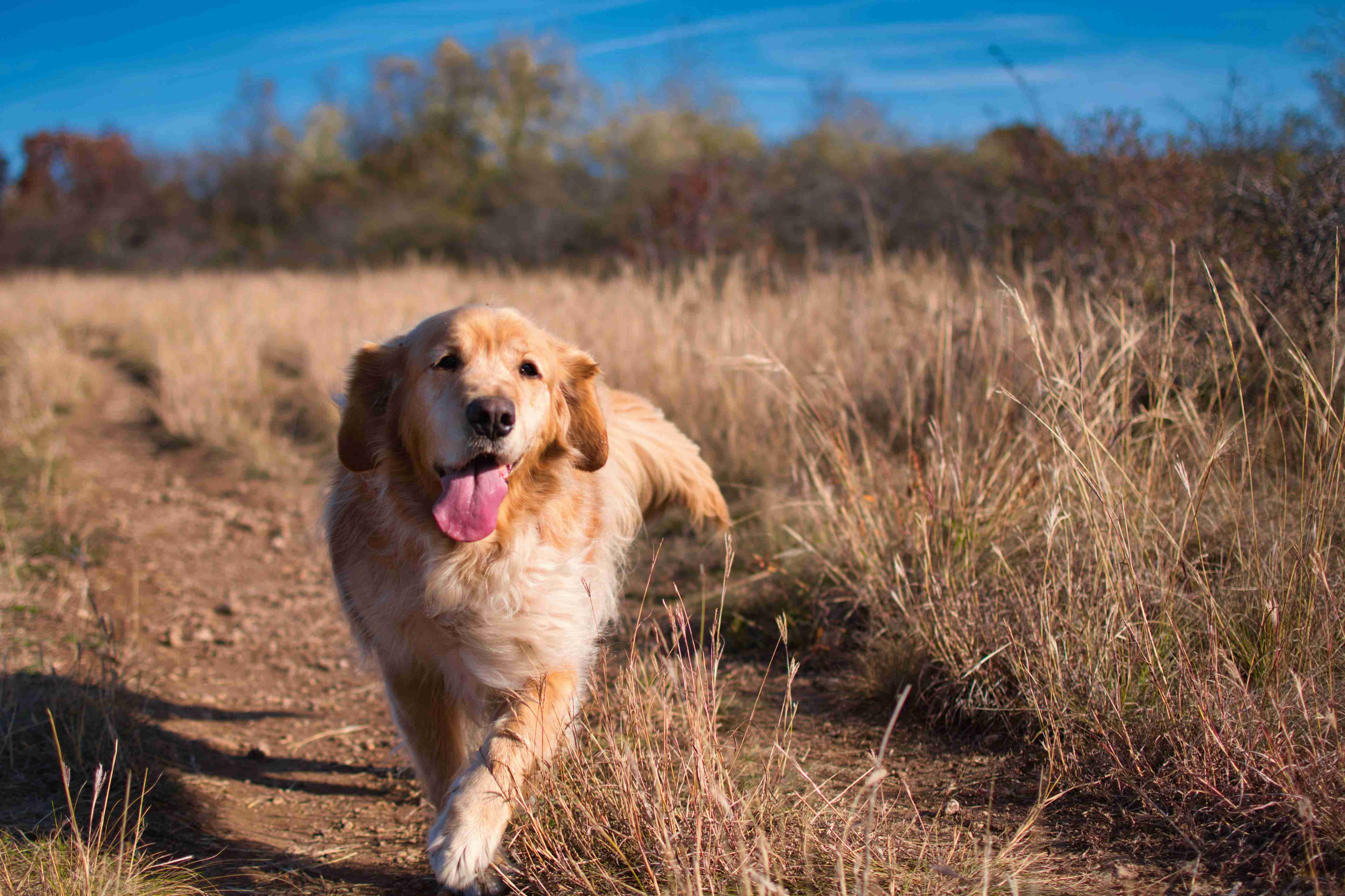
- Use positive reinforcement: Positive reinforcement is a powerful tool in training your puppy. When your puppy behaves well when you are away, reward them with treats or praise. This will help your puppy associate being alone with positive experiences and reduce their anxiety.
-
Exercise and playtime: Golden Retrievers are energetic and require plenty of exercise and playtime. Make sure your puppy gets enough exercise before you leave them alone. This will help them burn off excess energy and reduce their anxiety.
-
Seek professional help: If your puppy’s separation anxiety is severe, you may need to seek professional help. A professional dog trainer or behaviorist can help you develop a plan to address your puppy’s anxiety. They can also help you identify the underlying causes of your puppy’s anxiety and develop a plan to address them.
separation anxiety can be a challenging issue for Golden Retriever puppies and their owners. However, with patience and persistence, it is possible to help your puppy overcome their anxiety. Start with short absences, create a safe and comfortable space, use positive reinforcement, provide plenty of exercise and playtime, and seek professional help if necessary. With these strategies, you can help your Golden Retriever puppy feel more secure and reduce their separation anxiety.
After implementing these five effective ways, your Golden Retriever puppy will be on the path to overcoming separation anxiety. Remember to be patient and consistent in your efforts, as it may take time for your furry friend to adjust. With your love, support, and the right training techniques, your Golden Retriever puppy will be able to enjoy spending time alone and feel more secure when you’re not around. By helping your puppy overcome separation anxiety, you are not only improving their quality of life but also strengthening the bond between you and your furry companion.
Please follow us on Social Media


